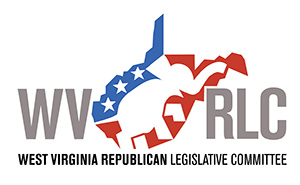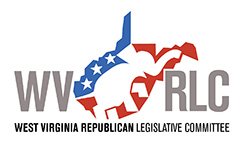Source: The Intelligencer
House Speaker Tim Armstead said missing vehicles that West Virginia registers and insures, but doesn’t know who’s driving them or where they are, is a perfect example of the waste that needs to be eliminated from the state’s government before it increases taxes to ease next year’s $500 million deficit.
“We have such a large, unwieldy government in so many senses, that we don’t even know how many vehicles we have, and where they’re registered,” and who is driving them, said Armstead, R-Kanawha.
Inaccurate records of some vehicles in the state’s fleet are a result of a new program initiated by Gov. Jim Justice, and included in his proposed FY2018 budget, dubbed the Save Our State Budget, or SOS.
It recommends $26.6 million in government spending and program cuts, including a $369,000 vehicle purchase reduction.
On Jan. 19, only three days after his inauguration, Justice announced that he had already cut five vehicles that were previously used by his predecessor’s staff, according to a news release from his office.
During a budget briefing Wednesday, Dave Hardy, state secretary of revenue updated the news media on the progress of that program. “So far, there have been a number of vehicles called back from the fleet, and that fleet is shrinking,” he said.
Vehicle purchase reduction is an example of what Justice said he wanted his entire cabinet to do: “explore new ways to cut waste, no matter how small.”
Justice’s statements such as that one, as well as his campaign promises, led leaders in the Legislature to expect Justice’s proposed budget would contain substantial, deep cuts that would right-size state government, according to Armstead, Senate President Mitch Carmichael, R-Kanawha, and Ryan Ferns, R-Ohio, who is the state majority leader.
Instead, on Wednesday, Justice unveiled only $26.6 million in cuts, along with $450 million in tax and fee increases as his budget-balancing solution.
Cuts to the state fleet, as well as Justice’s proposed elimination of the $3.7 million annual cost of operating RESA programs that support public schools by conducting staff trainings and collective purchasing, do garner GOP support, leaders say. However, overtaxing citizens does not.
So, during the legislative session that began last week, legislators will find cuts to other state, government agencies, as well.
“The vehicle purchase reduction is one of those cuts that is the most present example … that people are seeing,” of government cuts that are needed, Armstead said, noting that majority party leaders believe this waste “goes throughout agencies.”
“Not only do we see that there are questions about how many vehicles there actually are, whether they are registered, and whether they’re insured, there are vehicles that no one can locate,” Armstead explained. Jared Hunt, house communications director explained that there are vehicles for which the state has a tag in a file cabinet, staff is still renewing insurance on it, but they don’t know who drives it or where it’s located.
While cutting $369,000 from state vehicles budget “will not solve every need to balance our budget, it is representative of the kind of waste we think is present throughout our government.,” Armstead said.
Waste isn’t the only problem legislators will explore when identifying cuts. “We have inefficiencies, we have duplications, we have government competing with what the private sector can do, and we simply can’t afford to do all those things.
“We had high hopes we would be able to find more common ground (with Justice) than apparently we have at this point,” Armstead said.
In addition to garnering more cuts, many Republicans hope legislators can agree on changing the tax structure from an income tax structure, to a consumer sales tax structure, just as eight other states, including Tennessee, Florida and Texas, have done.
That new tax structure will lead to economic growth, but the governor’s proposed business and occupations tax — what the governor calls a .20-percent commercial activities tax on gross revenues — will not, Armstead said.





